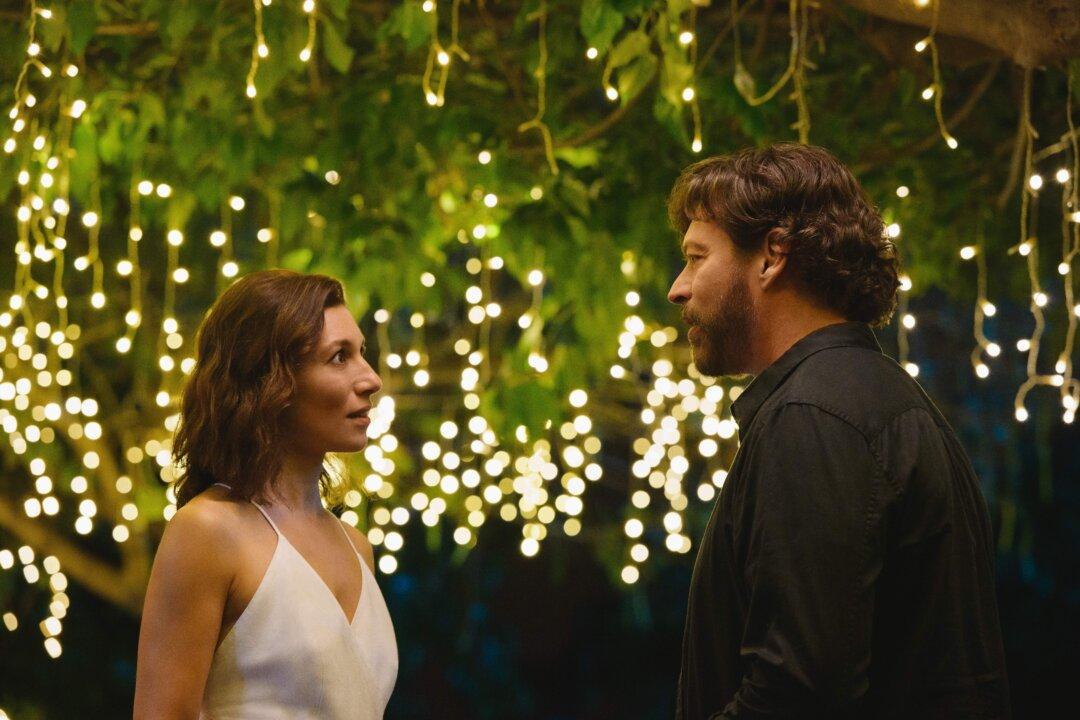TV-MA | 1h 33m | Drama | 2024
Netflix bills Cypriot Stelana Kliris’s film, which she wrote and directed, as a romance-comedy. It’s neither. It’s a gentle contemplation on commitment to life, love, and family.

TV-MA | 1h 33m | Drama | 2024
Netflix bills Cypriot Stelana Kliris’s film, which she wrote and directed, as a romance-comedy. It’s neither. It’s a gentle contemplation on commitment to life, love, and family.